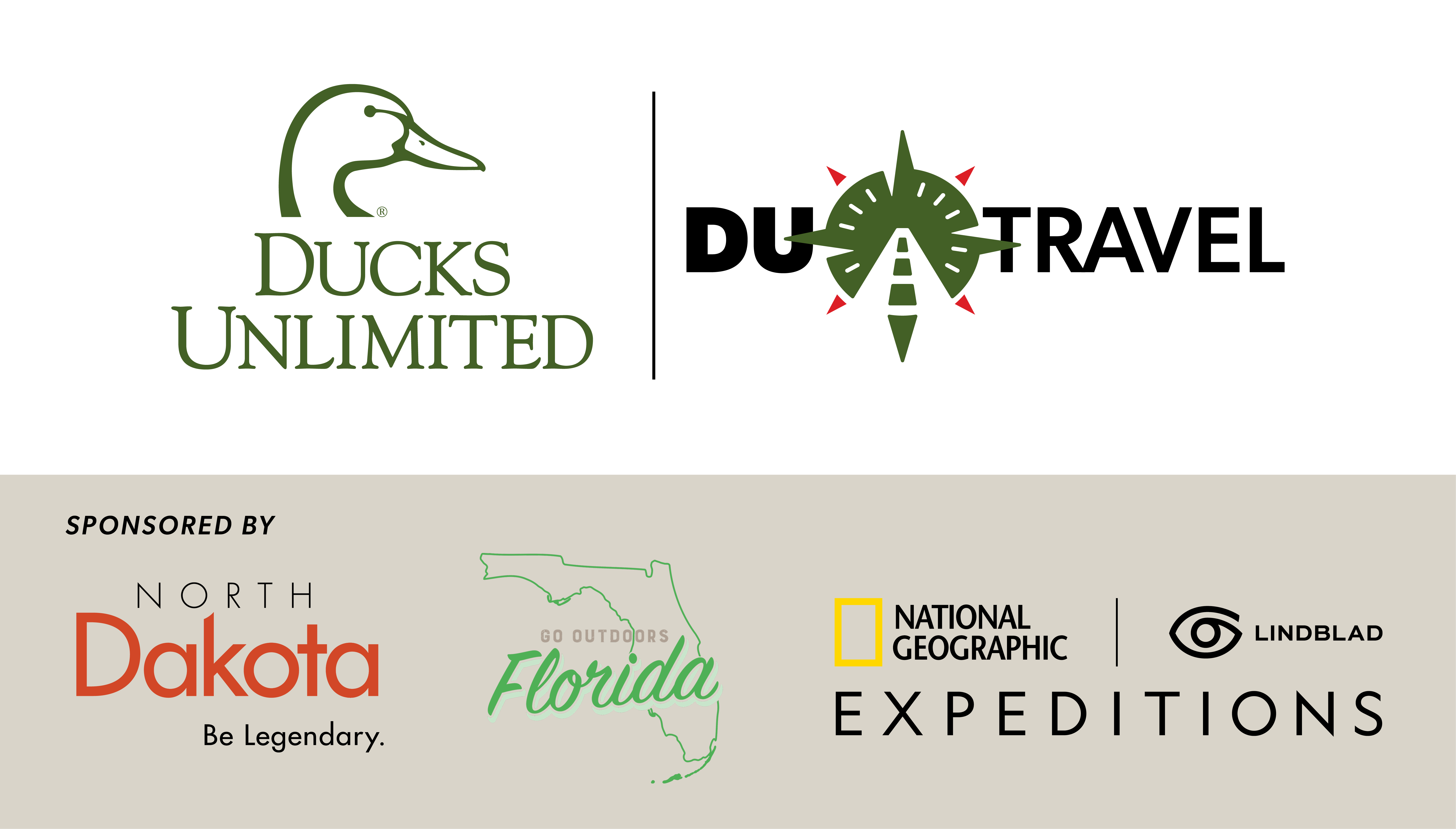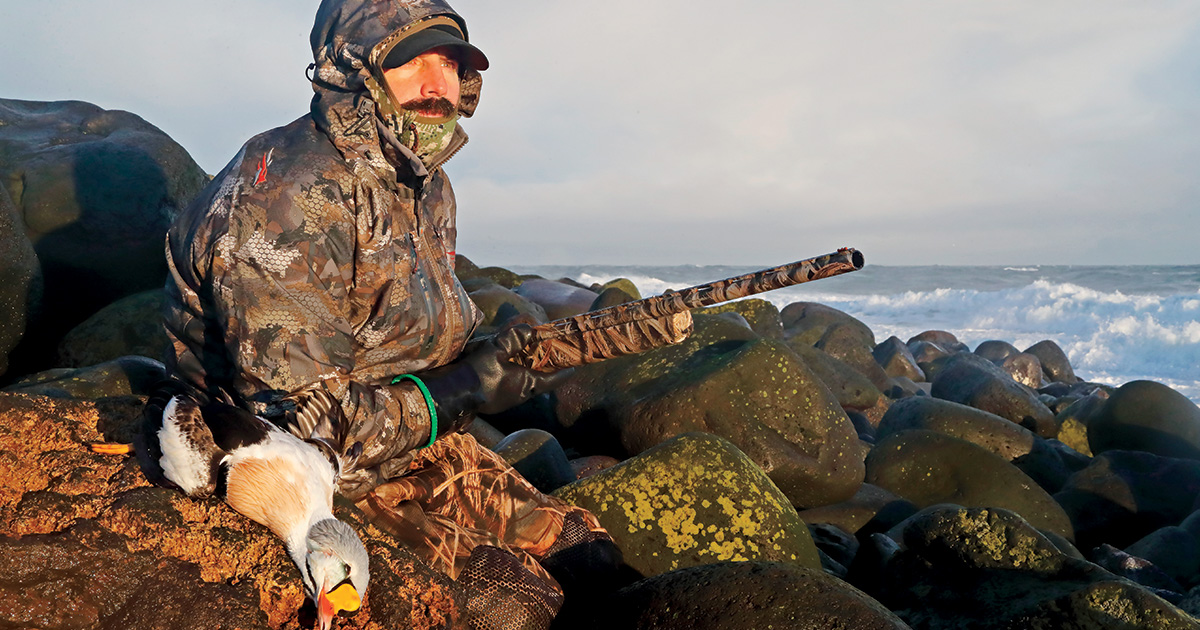Waterfowler's World: Bucket-List Trip
How to get the most out of your hunt of a lifetime
How to get the most out of your hunt of a lifetime

By Bill Buckley

Do your research beforehand and be sure to check outfitter references.
Whether your idea of a dream trip is a guided sea duck hunt on Alaska’s Bering Sea, a do-it-yourself excursion to Canada, or a high-volume shoot in Argentina, the right kind of preparation can make or break your experience.
DU TV cohost and Ducks Unlimited magazine columnist Doug Larsen is no stranger to trip planning. As director of wingshooting, North America, for bird-hunting outfitter David Denies, he’s in the business of ensuring that clients’ expectations are met or exceeded. Not surprisingly, Larsen’s strategy for success relies on attending to every detail.
It’s never too early to plan a hunt. According to Larsen, a year of planning is about right for a big international trip. The more information you can gather about things like the best times to go and which outfitters offer the experience you’re looking for, the better. He specifically advises waterfowlers to consider weather and moon phase. “A full moon affects ducks in South America the same as in North America. If you can, plan for a dark moon phase; the morning flights will be stronger than during a full moon, when ducks spend much of the night feeding.”
“You wouldn’t dream of reroofing your garage without getting two or three bids,” Larsen says. “So if you’re going to spend a similar amount of money on your dream hunt, get references! Not doing so is the number-one mistake that hunters make. After you’ve done your due diligence on outfitters, request contact information for three of their recent clients who have hunted with them during the same time of the year that you plan to go. Most clients are happy to talk, and the longer they do, the more you’ll understand their perspective.”
Almost every outfitter has a nice website these days, so get that extra layer of comfort from talking with clients. If an outfitter hesitates to furnish references, consider that a red flag.
To make the trip worth it, plan on staying long enough to have a decent chance for one or two really good hunts. Larsen figures that on a typical four-day trip, you’ll average one amazing hunt, two average hunts, and one slow hunt. While three days of hunting is about right for most domestic trips, he recommends booking no fewer than five nights and four days of hunting for international trips. Also, factoring in a few backup days for travel delays, transportation once you arrive, and inclement weather is never a bad idea.
Managing expectations is important. As Larsen says, “It partly goes back to those references, but it’s still wild-bird hunting. If you’re a well-heeled hunter who travels a lot, you might roll the dice on a waterfowl-only international trip. But if you have saved for years to take your son or daughter on a once-in-a-lifetime hunt as a high-school graduation present, you might opt for a mixed-bag destination, where if the duck hunting is slow, you can still shoot a pile of doves and have a really memorable hunt.”
Be sure to ask the outfitters if you’ll be hunting by yourselves or lumped in with another group. If your idea of a dream hunt does not include hunting with a bunch of strangers, it’s best to know before you book.
To make your trip hassle-free, Larsen recommends checking the weather before you go and packing accordingly. “Most hunters chronically overpack. For our South American lodges, for example, clients often show up with two overweight duffel bags because they didn’t read that we have 24-hour laundry service. One roller duffel usually suffices. Also, with international hunts other than to Canada, unless you are exceedingly tall or short, leave your shotguns at home and rent them at the lodge.”
Since you’ll be investing a considerable sum on your dream hunt, Larsen strongly recommends getting trip insurance. It averages 10 to 15 percent of the total cost, but it will pay for the nonrefundable portions of your trip in the event that you experience major health or travel issues.
Ducks Unlimited uses cookies to enhance your browsing experience, optimize site functionality, analyze traffic, and deliver personalized advertising through third parties. By continuing to use this site, you agree to our use of cookies. View Privacy Policy